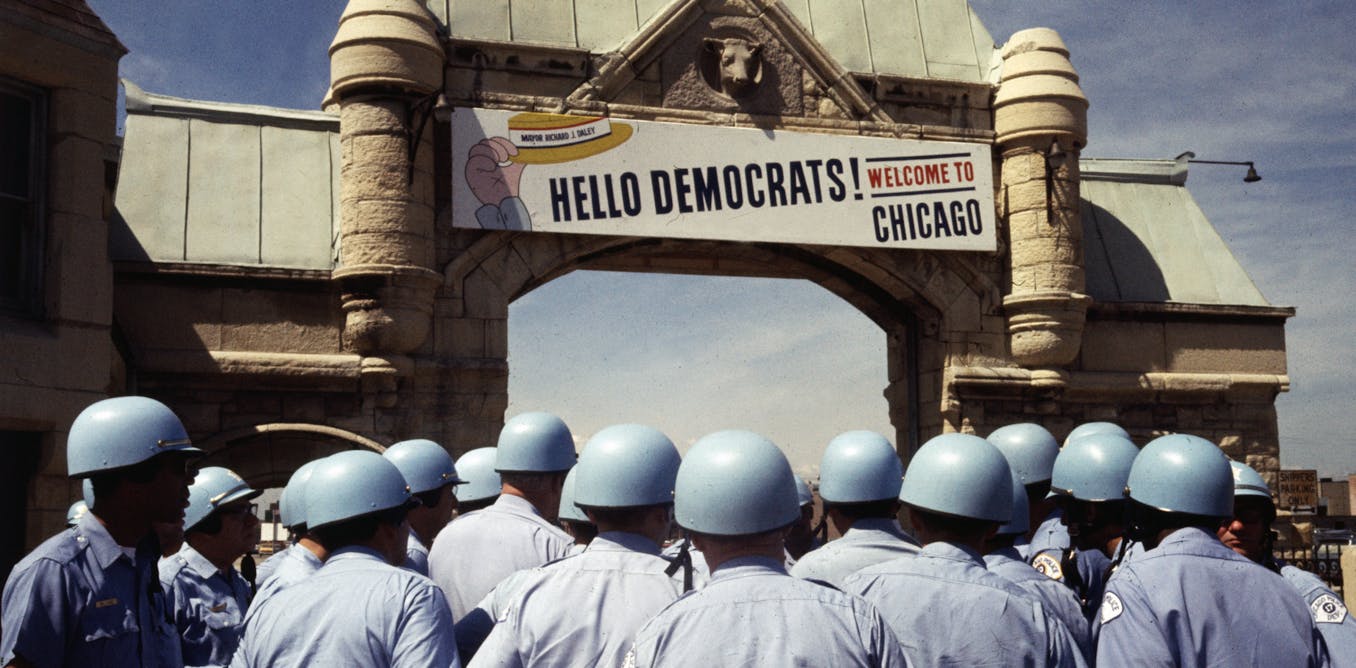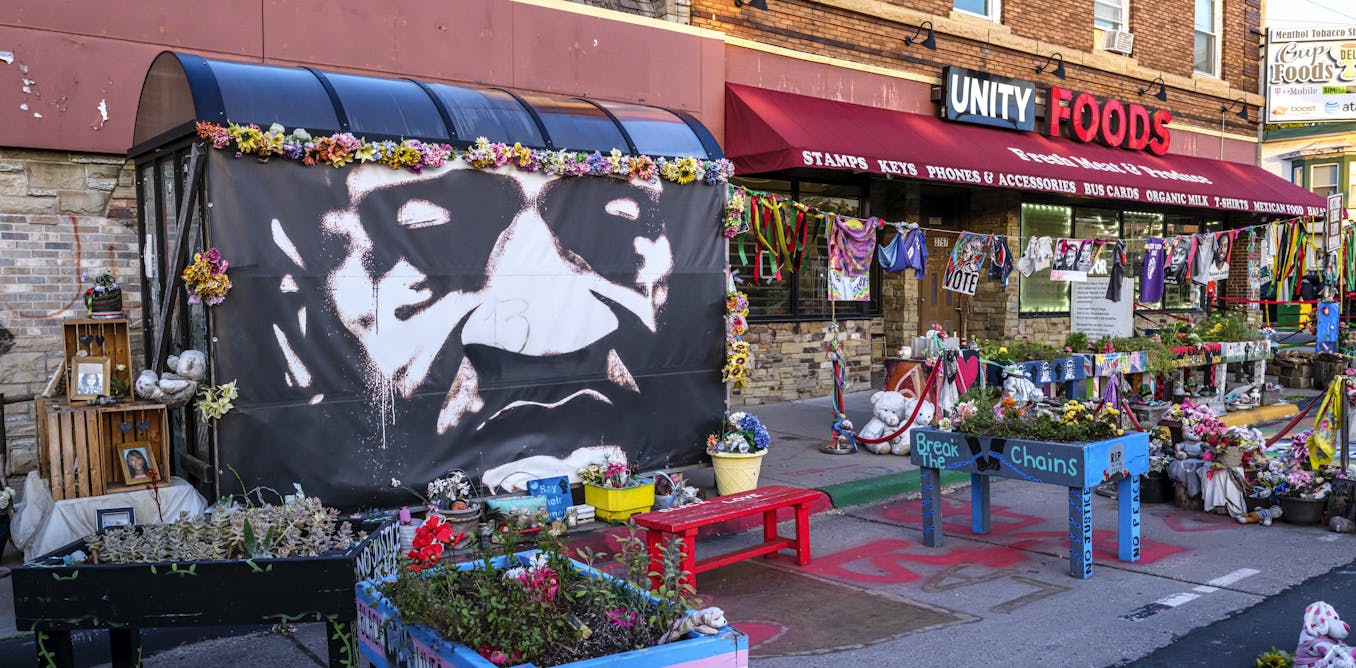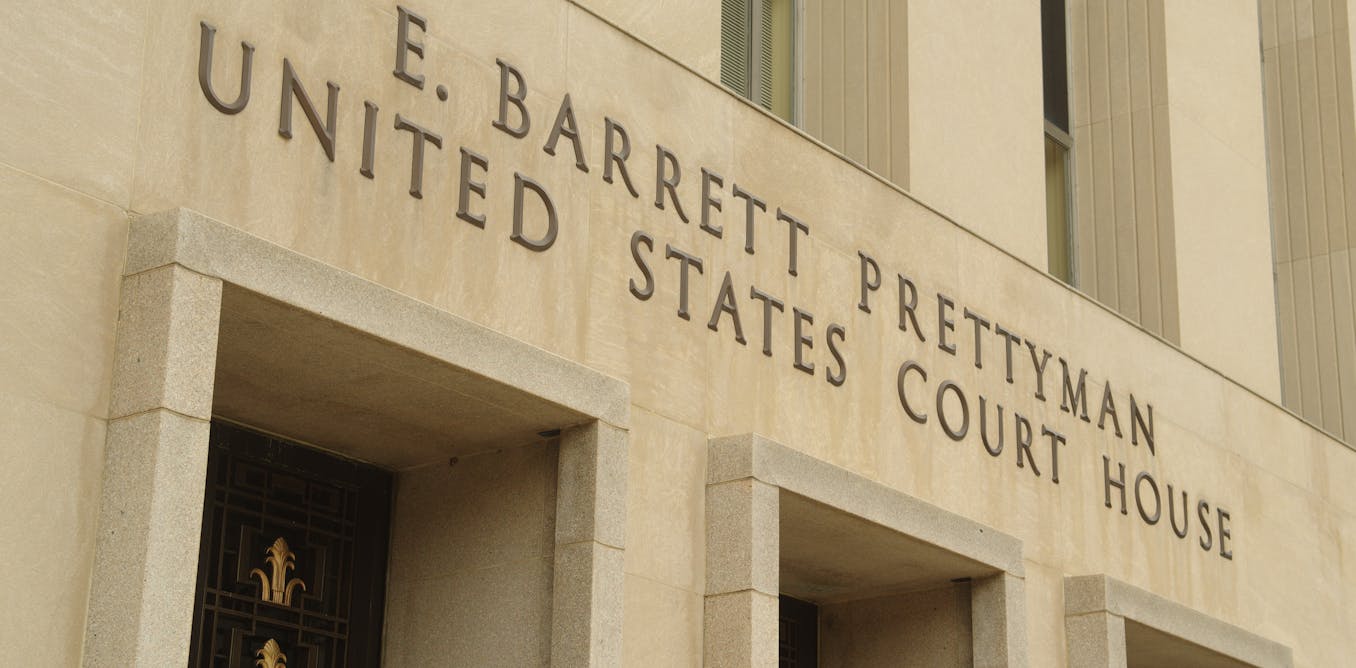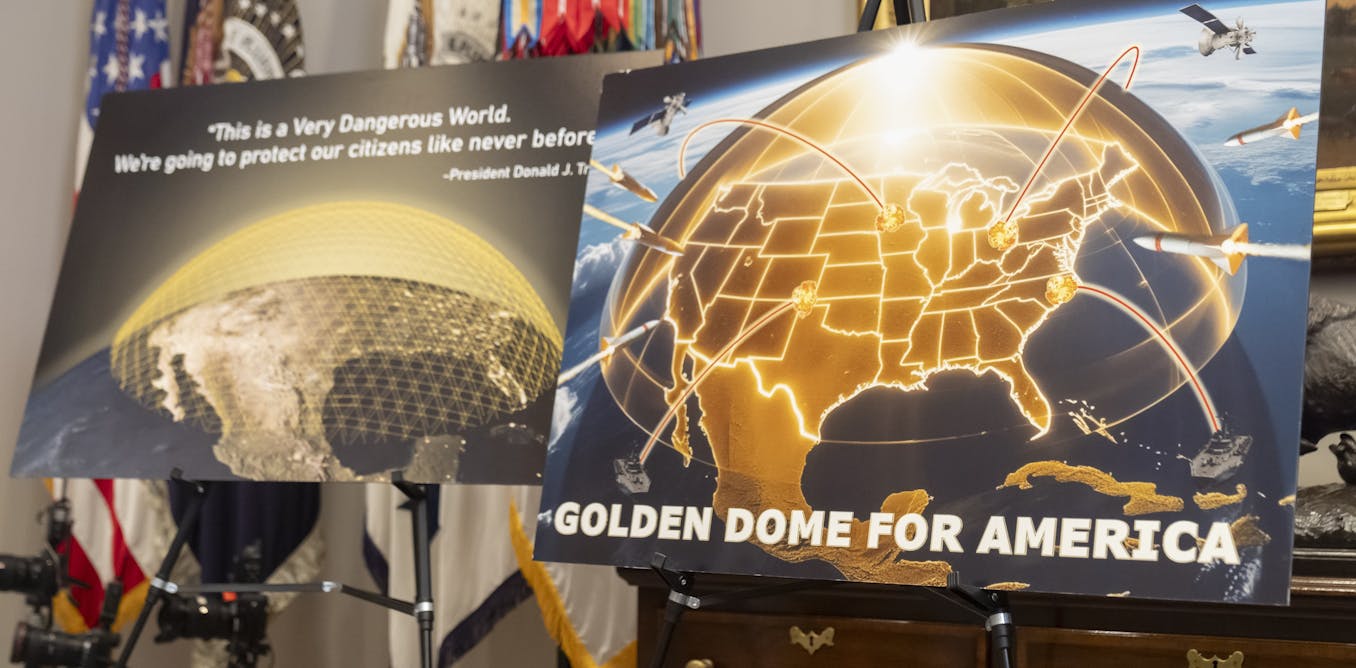The presidential nominating conventions every 4 many years are political gatherings, but they are also media situations. Since the advent of television, Democratic and Republican nationwide convention organizers have sought to tightly stage-control their gatherings for dwelling viewers, and they’ve frequently succeeded.
But not often.
A single of the worst misfires was the 1968 Democratic Countrywide Conference in Chicago, when anti-war activists on Michigan Avenue chanted to the Tv set cameras “the whole earth is looking at,” as Mayor Richard J. Daley’s law enforcement beat them with billy clubs. In the convention hall itself, delegates staged their individual protests for the cameras, and Daley’s stability forces famously punched CBS newsman Dan Somewhat.
Pictures of that chaos circulated for months, and the Democratic nominee Hubert Humphrey never ever entirely produced up the points he missing when Us residents saw that violence on their Television set sets.
As an specialist on the 1968 convention and, in unique, on how Tv news coated that crisis, I’ve been imagining about how Chicago may manage – or mishandle – the Democratic convention as both equally a political and a media occasion this August.
Worry of a ’68 replay looms substantial, as the town has so considerably denied permits to teams in search of to assemble near the United Center, web page of the conference. That denial of permits feels like a web page from the Daley playbook.
But just due to the fact a situation echoes the earlier does not signify background is repeating itself. Today’s media is entirely diverse, and a equipment politician is no extended at the helm in Chicago.
https://www.youtube.com/view?v=fqNkmZ3n_bc
Protesters outnumbered by legislation enforcement
Given that 1998, conventions have been legally specified as countrywide unique safety situations, managed mostly by the Key Provider.
But back again in 1968, Daley decisively held the reins. Requested irrespective of whether his law enforcement experienced “over-reacted” to protesters, Daley declared, “The policeman is not below to create disorder. The policeman is below to protect dysfunction,” a assertion that was much less malapropism than Freudian slip. Below his steering, the metropolis was secured like a fortress, as 10,000 protesters confronted off versus phalanxes of law enforcement and Nationwide Guardsmen, with demonstrators outnumbered 2 to 1.
Daley fearful off countless numbers with “law and order” threats in progress of the convention, but it is realistic to expect a substantially larger range of demonstrators arriving in 2024. Chicago Mayor Brandon Johnson is a progressive who is widely perceived as far more sympathetic to activists than to the police. He has not discouraged protest at the upcoming conference.
That simple fact by itself marks a pivotal distinction concerning Johnson and Daley. Johnson is a Democrat, but not the workforce player and device boss that Daley was. Nor is he the authoritarian that Daley was. Daley experienced the law enforcement in his back again pocket.
He did not, nevertheless, have the media in his again pocket, and neither does Johnson. In simple fact, even if he needed to, Johnson could not suppress the voices of journalists, influencers, bloggers, TikTokkers and podcasters positive to descend on Chicago.
The media ecosystem is radically different from what it was 50-in addition yrs back, when news was additional centralized and media technologies ended up significantly less transportable and a lot more challenging to get hold of by nonprofessionals.
Kneecapping news reporting
Using advantage of this prime-down communications construction, Daley did everything he could to stymie journalism through the convention. Crucially, he did not take care of an electrical staff strike from the neighborhood cell phone company, which led to a double-edged disaster.
To start with, not adequate extra phones were installed on the convention floor and other key locations these types of as convention hotels. That shortage built it tricky for print journalists to connect with editors and phone in stories. The 3,200 added telephones mounted prior to the convention fell much limited of what was essential. It boggles the mind, but this was life ahead of absolutely everyone carried telephones in their pockets.
2nd, the electrical traces and hookups the networks desired for dwell road coverage could not be set up because of the strike, which intended the only live Tv set protection was in the conference corridor by itself. Movie footage shot in the streets was raced by bike couriers to the conference web-site, the Global Amphitheatre, where it was created, edited and aired.
An uncomfortable but extra exact chant all through the Struggle of Michigan Avenue would have been, “The total earth will be seeing in three or 4 several hours!”
CBS, NBC and ABC understood that Daley was intentionally kneecapping them. It felt like “a total information blackout,” as exasperated CBS anchorman Walter Cronkite declared, an atypical, quick aside that maybe only a media historian obsessively rewatching every minute of network conference protection would decide up on.
NBC anchorman Chet Huntley reported that “the information job in this town is now beneath assault by the Chicago law enforcement.” These were being major words. Before the increase of cable news, a great deal of which slants still left or proper, the specialist norms dominating Television set news insistently dictated neutrality. If Huntley went out on a limb to critique Chicago police, it had to be accurate.
Or did it? Could Huntley be trustworthy?
Pictorial Parade/Archive Shots/Getty Visuals
Guidance for law enforcement, not journalists
This is the portion of the story that seems most modern. In surveys taken after the convention, and mountains of letters and telegrams despatched to the networks, a greater part of Us citizens judged the law enforcement to have made use of an proper sum of power or even inadequate force from protesters.
Criticism of violence from journalists was scant. As an alternative, the networks were accused of “liberal bias” for displaying also significantly violence on the section of law enforcement and not enough on the portion of protesters. The CBS Information archive is packed with letters from viewers decrying a absence of objectivity. Several harshly declared that Dan Alternatively bought what he deserved.
Broadcasters responded to critics that they had basically proven what took place. A arduous content assessment accomplished by NBC at the time uncovered that 3% of the network’s protection provided road demonstrations. CBS showed closer to 5%, by NBC’s estimation.
Having watched the gavel-to-gavel coverage, I can attest that, if just about anything, the networks undercovered law enforcement violence in opposition to protesters, not the reverse.
Suppression ‘unimaginable today’
In 1968, defenders of Daley claimed that the press informed the Chicago tale improperly, but they did not deny that the law enforcement had been violent. Now, by distinction, basic truths are subject matter to partisanship, and the perception that the mainstream media is infused with liberal bias has taken root between conservatives and individuals farther correct.
Previous President Donald Trump exploited this preexisting worldview to his profit even though in business, and just after, spreading the falsehood that the 2020 election had been stolen from him.
GOP customers of Congress and Fox News personalities furthermore tapped into a perception among the their followers that mainstream media could not be believed when they explained footage of the storming of the Capitol on Jan. 6 as proof not of an insurrection but of “sightseeing.”
Accusations of “fake news” and exclamations that the mainstream media is “the enemy of the people” have place journalists in jeopardy not only at significant-profile events this sort of as political conventions but also during their each day function.
This will all weigh seriously in the air in Chicago in August. And at the GOP conference in Milwaukee in July.
The suppression of dwell protection is unimaginable currently, with mainstream media distributing instantaneous pictures, and nonprofessional films circulating like quicksilver on social media.
With telephones that also functionality as cameras in everyone’s arms in 2024, the obstacle for Americans observing each conventions from afar will be much less censorship and a paucity of live imagery than the reverse – an overabundance of unsorted imagery, probably coupled with a proliferation of disinformation, amplified by those people with destructive intent.
There are quite a few dissimilarities among the 1968 and 2024 conventions. One particular of the most significant is that now, the complete environment is filming. The issue nowadays is not how significantly we can see but how considerably we can imagine.




